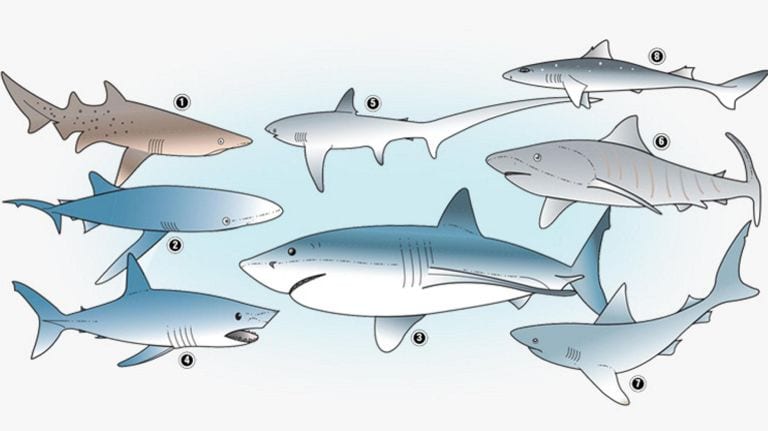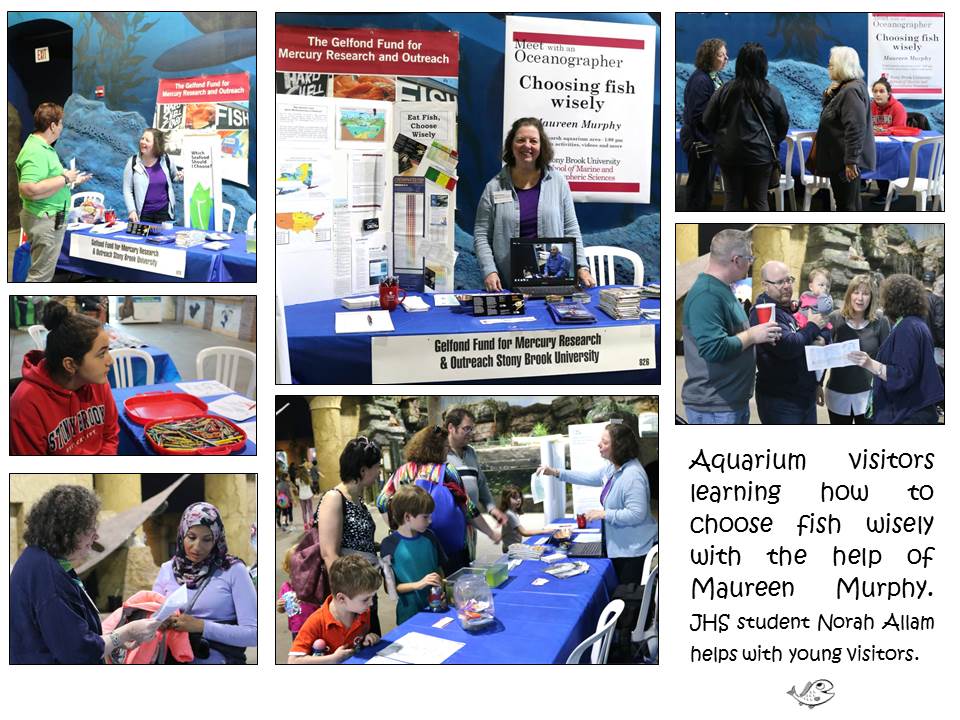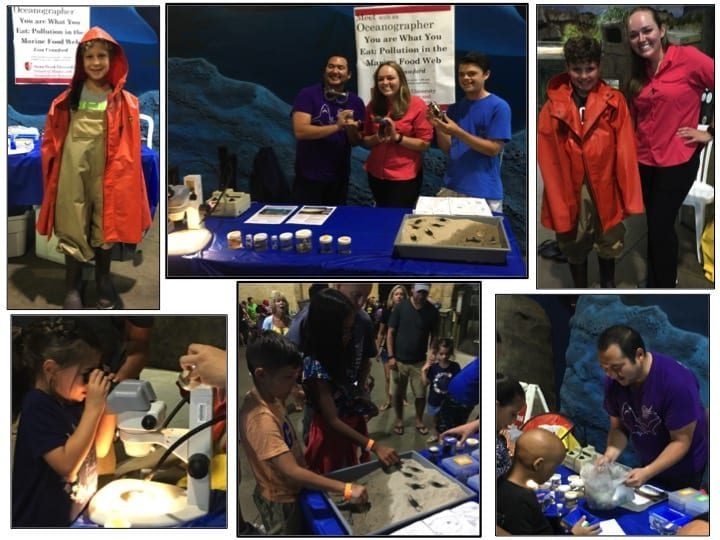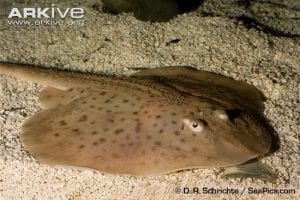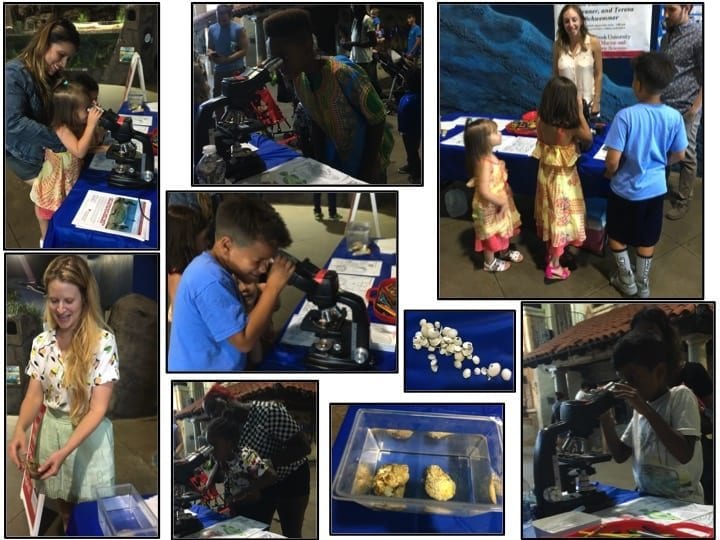December 15, 2018 – How Old is My Striped Bass?
Zachary Schuller and Stephanie Rekemeyer, New York State Department of Environmental Conservation.
Striped bass is a valuable species for New York’s commercial and recreational fisheries. They spend the majority of their life in the ocean, returning to our local bays and rivers to spawn in the spring. Come learn how to age striped bass scales and learn how you can help contribute to management of this species.
 Photo Credit: D Ross Robertson
Photo Credit: D Ross Robertson

